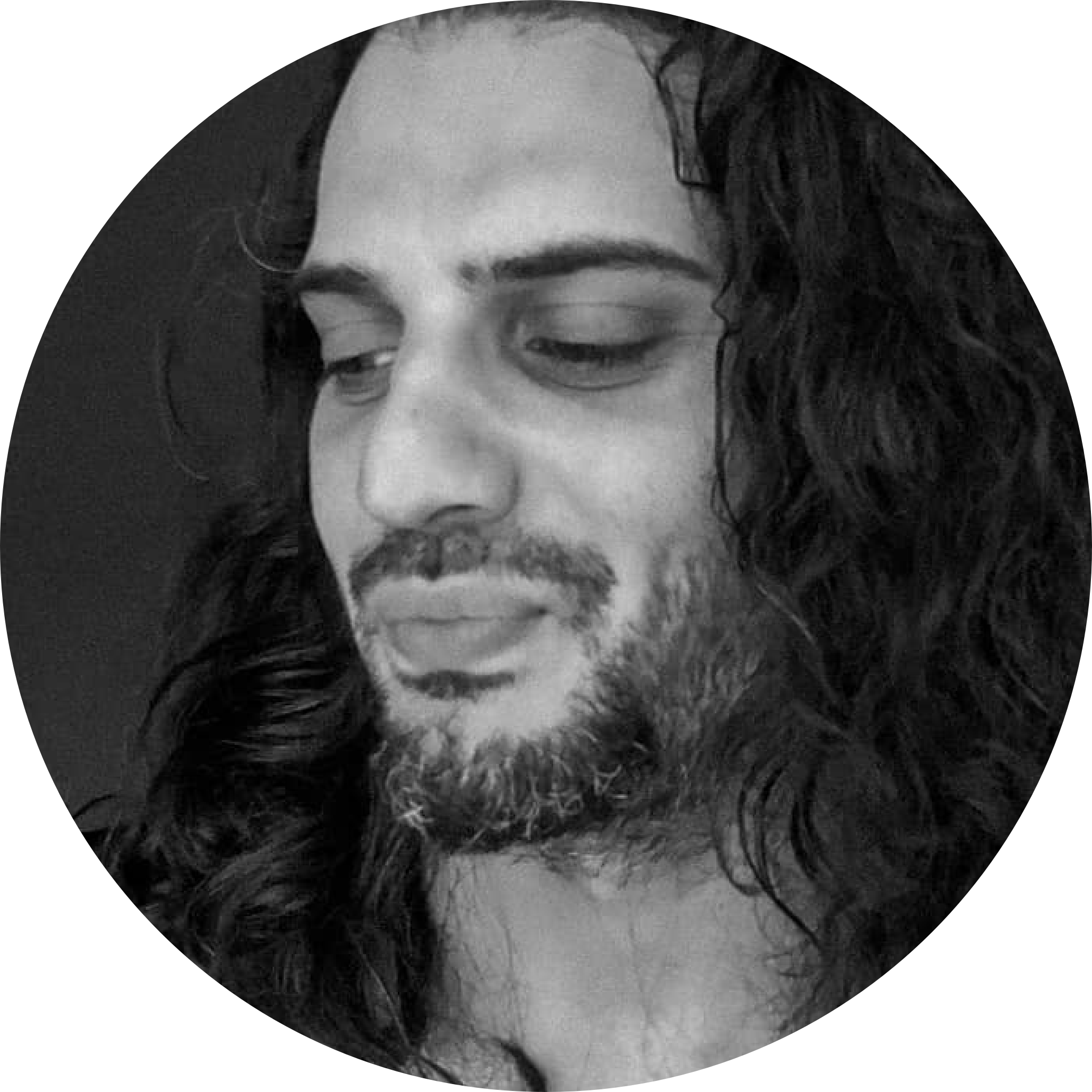Military Transitions: A Marine Finds His Passion


I can still remember the warm January day when I was leaving Camp Pendleton for the last time as an active duty Marine. I was excited and rocking out to Montgomery Gentry as I passed through the gates one final time. I was FREE! No more going to physical training, having to clean my room every Thursday night, and no more shaving. Life was good!
This time was also sad in a way. I was leaving behind the friends, the cool job, the title, and being a part of something much larger than myself.
But I was a Marine ready to take on the world!

Reality Check
After the high of getting out wore off, the hard work began: finding a job and going back to school to become a chef. My GI Bill request for cooking school got rejected, and because I was commuting into San Diego to go to class, I was not able to get a job. Not to mention I had (chef) uniform inspections again! (I hated uniform and gear inspection while in the military.)
I dropped out after about two weeks.
I applied and applied to job after job. I thought everyone wanted to hire service members? Was this just a big lie?
During the fall, I was able to score an early morning stocking job at Old Navy. I thought my early morning days were over once I left the Corps. My eyes are still burned from folding so many brightly colored tank tops.
Eventually, I had to quit because I couldn’t take it anymore. A former Marine working a minimum-wage job folding clothes was demotivating. I needed something more that would put my skills to work. I could take getting up early to go to the Armory to hand out weapons or staying up all night in the field, but not making minimum wage working retail.
So I bounced from odd jobs to stable jobs and back.
Off to College
I moved back to Colorado to hopefully get a better handle on life. I went to school to get my bachelor’s in finance. Yes, I’m a Marine who came to love math, no thanks to Math for Marines.
During this time I was able to get and keep a job at Lowe’s working in various roles and departments, sometimes getting off at 10:30 p.m. to go to class at 6 a.m.
I remember sitting in class hearing, “When I was in high school…” and thinking about where I was when these kids were in high school.
After 36 months of working part-time and going to school full-time all year, only taking winter break off, I graduated! I still thank the training I got in the Marines for giving me the motivation, skills, dedication, and perseverance needed to not only get through but also to get scholarships and make the dean’s list.
Get To Know Other Design Students
Volkan Kantar
UX Designer at Microsoft
Teliah Jackson
UX Designer at AAA
Jeffrey Surban
UX Designer at Citi
Starting a Career
The next transition started with me working as a commission-based insurance salesman. This was hard-fought, but the end came when I found a full-time job that paid by the hour. I became a retirement consultant helping clients do everything from starting a retirement plan to actually beginning their retirement, and everything in between.
It took me about five and a half years to transition from a Marine to a full-time employee—much longer than the total time I was actually in the Corps. During this period, I often wondered if I would reach the same level or better than if I had stayed in the Marines.
But it was incredible to finally have a great job helping people!

The Next Steps
Not one to leave well enough alone, I soon started working toward my next step in my career. Along with volunteering for extra tasks, which is a big no-no as a Marine but essential in the corporate world, I started my MBA in strategic management.
Three classes were about all I could do each year and about all I could afford with tuition reimbursement. At this rate, it would take about four years to complete. I soon found that the MBA classes were more intense—not in the true educational way, but in the busy-work way. I would have to write 12-page papers in APA style, double-spaced, on boring topics.
I have learned a lot of great things in the program, but honestly, it just has not been worth it. Still, I’m heading toward the finish line. I should be done this summer.
During this time I have been working toward jobs that would get me to my dream career. These positions are highly sought-after, requiring extra skills such as continuous improvement certifications (like Six Sigma Green Belt), analytical experience in areas like SQL and Tableau, or Project Management Professional certification.
Back to Bootcamp
I was on the hunt for a fast, economical, and feasible way to get the skills needed for that next position. I didn’t have thousands of hours to work a project, and getting my Green Belt or gaining SQL experience weren’t being approved by my employer.
I forget where it was, but I came across a different type of “bootcamp” than I was used it. I looked at some for business analytics, as most of the positions I was going for wanted at least a working knowledge of SQL and Tableau.
During this search, I found Springboard. I looked at all the courses they offered. Not only were there data science and business analytics bootcamps, but there was UI/UX design.
A few years back, while working on a special project to digitize forms, I was introduced to the concept of UX design. I still remember that first time lending my expertise to the design of the forms and repository where they were all kept. It was great to see my ideas taking shape and go on to be used by hundreds of employees. This quickly became my favorite part of my job! So, when I was deciding which bootcamp to take, it was a question of: should I do what someone else wants me to do (analytics) or follow my passion?
I chose my passion.
Related: What Does a UX Designer Do?
A Reflection
I look back at the 10 years since getting out and think about what I would have done differently. It was a tough transition, but better than some. There has been a lot of effort for things of little value, and I still feel underutilized.
The first thing I wish I’d done was start working on my exit plan about a year before getting out. Simply having an exit plan would have been good. The TAPS/TAMP class didn’t help at all.
Second, I wish I’d had a way to learn marketable skills, build a resume, and get some coaching before I left. This is why I love what Springboard does. If I’d had this back then, I could have gone through the bootcamp, gotten one-on-one coaching, and gotten out with some sort of entry-level job (then gone to college at the same time on the GI Bill).
Still, while it may have taken longer than expected, I now feel like I’m on my way to the career I deserve.
Related: Military Transitions: The Value of Mentorship
Aaron Mund is one of the Springboard Veteran Fellows.
Since you’re here…
Are you a future UX designer? Enroll in our UI/UX Bootcamp and join over 10,000 students who have successfully changed careers with us. Want to get wireframing right this second? Check out our free UX learning path today.





